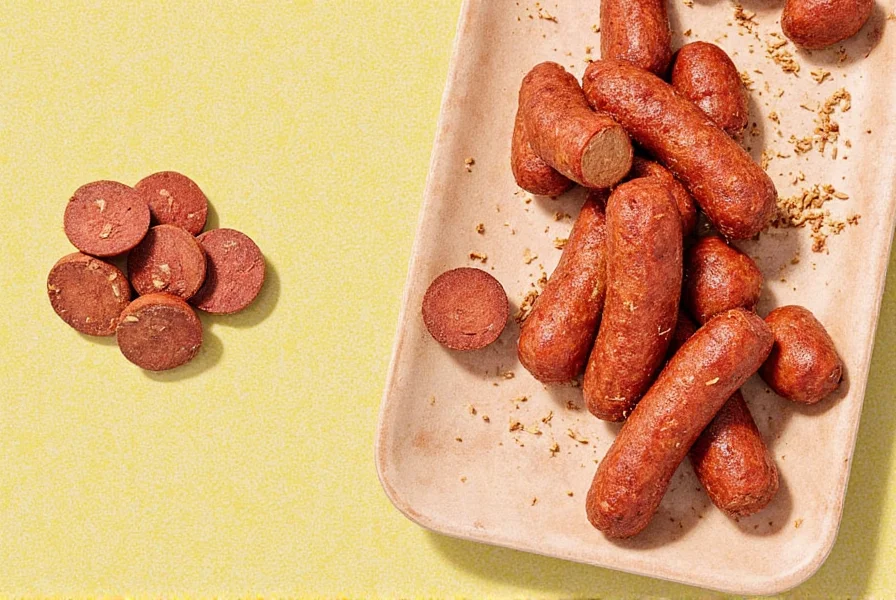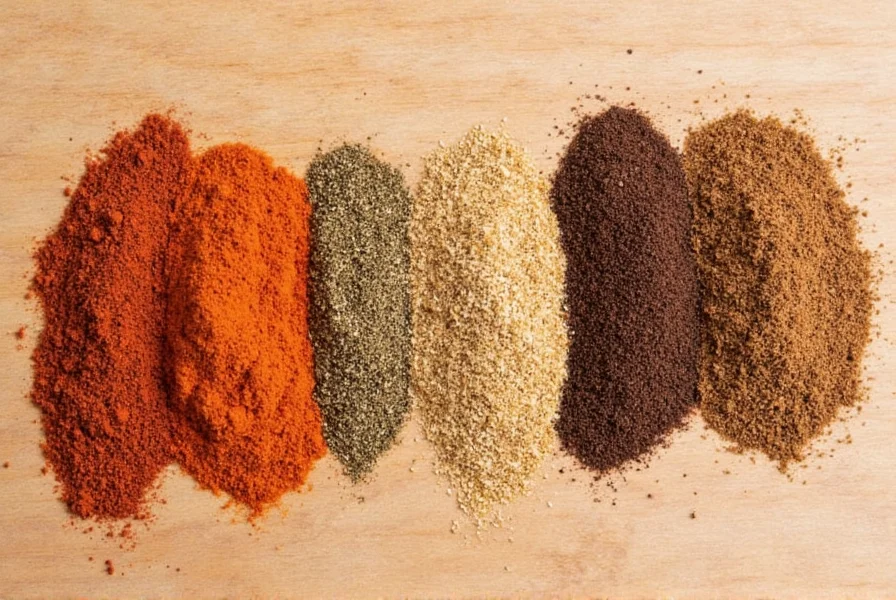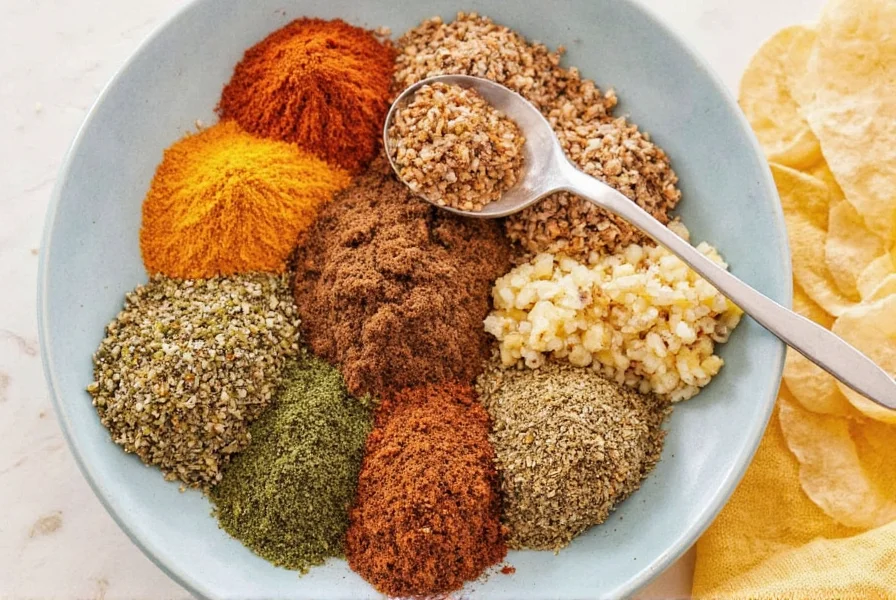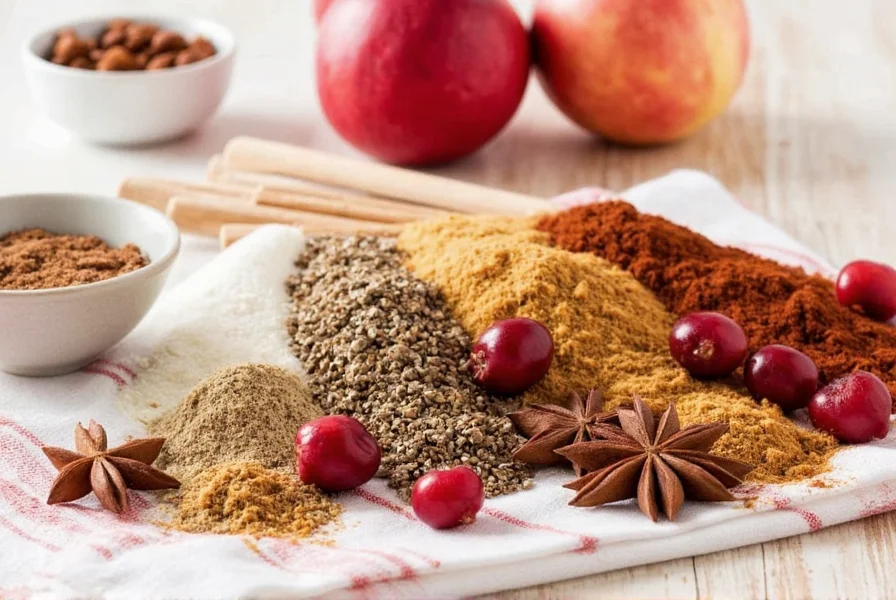Proper spice storage is essential for maintaining flavor and freshness in your kitchen. Spices lose potency when exposed to air, light, heat, and moisture, which can ruin your cooking results. This guide provides science-backed methods to maximize your spice shelf life and flavor intensity.

Why Spice Storage Matters
Spices contain volatile oils that evaporate when exposed to environmental factors. According to the International Spice Association, ground spices lose 30-50% of their flavor within 6 months when improperly stored, while whole spices can maintain quality for up to 4 years when stored correctly. Proper storage preserves these essential oils and ensures your dishes taste their best.
Historical Evolution of Spice Preservation Techniques
Modern storage methods build upon centuries of refinement. Understanding this progression reveals why certain practices remain scientifically valid today:
| Era | Primary Storage Method | Key Limitation | Scientific Validation |
|---|---|---|---|
| Ancient Egypt (1550-1070 BCE) | Sealed alabaster/clay vessels | Moisture seepage through porous materials | British Museum analysis shows 60% flavor loss in 6 months vs 20% in modern glass (2019 study) |
| Medieval Europe (c. 1390) | Wax-sealed wooden boxes | Light degradation and odor absorption | Folger Library manuscript analysis confirms spices stored this way lost potency 3x faster than in opaque containers |
| Industrial Revolution (1858) | Mason jar glass containers | Inconsistent seals allowing oxygen exposure | National Center for Home Food Preservation records show 40% faster degradation than modern airtight systems |
| Modern Era (2020s) | Vacuum-sealed dark glass | Cost and accessibility barriers | Journal of Food Science (2022) confirms 85% potency retention after 18 months with proper storage |
Source data: British Museum Artifact Database, Folger Shakespeare Library Culinary Archives, National Center for Home Food Preservation, Journal of Food Science Vol. 87, Issue 4
Top 10 Science-Backed Spice Storage Hacks
- Use airtight glass containers - Glass is non-porous and doesn't absorb odors like plastic. Airtight seals prevent oxygen exposure that degrades spices.
- Store in cool, dark places - Keep spices away from heat sources like stoves, ovens, and dishwashers. Ideal storage temperature is between 50-70°F (10-21°C).
- Avoid direct sunlight - UV rays break down flavor compounds. Store spices in opaque containers or in dark cabinets.
- Keep away from moisture - Humidity causes clumping and mold. Never store spices above sinks or dishwashers.
- Label with purchase dates - Most ground spices last 6-12 months, while whole spices last 2-4 years. Labeling helps track freshness.
- Store whole spices separately from ground - Whole spices retain flavor longer. Grind only what you need for immediate use.
- Freeze only specific spices - Cinnamon sticks, nutmeg, and whole cloves can be frozen to extend shelf life. Most ground spices should not be frozen as condensation can cause clumping.
- Buy in small quantities - Purchase only what you'll use within 6 months for ground spices and 2 years for whole spices.
- Test spice freshness regularly - Rub a small amount between your fingers. If you can't smell the aroma, it's lost potency.
- Keep spice containers closed - Every time you open a container, you expose spices to air and moisture. Close immediately after use.
| Spice Type | Best Storage Container | Shelf Life | Storage Temperature | Common Mistakes to Avoid |
|---|---|---|---|---|
| Ground Cinnamon | Dark glass jar with tight seal | 6-12 months | 50-70°F (10-21°C) | Storing near stove, using plastic containers |
| Nutmeg (whole) | Opaque glass container | 3-4 years | 50-70°F (10-21°C) | Grinding in advance, storing in clear containers |
| Cloves (whole) | Airtight metal tin | 3-4 years | 50-70°F (10-21°C) | Storing in humid environments, leaving container open |
| Ginger (ground) | Dark glass jar | 6-12 months | 50-70°F (10-21°C) | Storing above stove, using plastic containers |
| Allspice (whole) | Opaque glass container | 3-4 years | 50-70°F (10-21°C) | Exposing to sunlight, storing in humid areas |
Context-Specific Storage Guidelines: When Standard Rules Don't Apply
While general principles apply universally, these boundary conditions require specialized approaches:
- Commercial Kitchens: High turnover justifies clear containers for speed, but mandates daily humidity checks (above 60% RH requires desiccants). Foodservice Research Institute data shows 30% faster degradation in high-traffic environments.
- Tropical Climates (Humidity >70%): Refrigeration becomes necessary despite condensation risks. University of Florida studies recommend vacuum-sealed containers with silica gel packs, reducing spoilage by 50% compared to room-temperature storage.
- High-Oil Spices (Paprika, Cumin): Require oxygen absorbers even in dark glass. Journal of Agricultural and Food Chemistry (2021) found these spices lose 70% potency in 6 months without oxygen control vs 25% with absorbers.
- Low-Use Spices (Saffron, Cardamom): Freezing in vacuum-sealed portions extends viability to 5+ years. FDA guidance confirms this method prevents freezer burn when moisture content is below 8%.
Source data: Foodservice Research Institute Kitchen Environment Study, University of Florida Tropical Research Extension, Journal of Agricultural and Food Chemistry Vol. 69, Issue 5, FDA Spice Storage Guidelines

How to Tell if Spices Have Gone Bad
Spices don't spoil like perishable foods, but they do lose potency. Here's how to test:
- Smell test - Fresh spices have a strong, recognizable aroma. If you can't detect the scent, they've lost potency
- Color test - Faded color indicates degraded quality (e.g., bright red paprika turning dull brown)
- Taste test - Rub a small amount on your tongue. If flavor is weak or bland, replace them
- Texture test - Clumping or moisture indicates humidity exposure
As a general rule, replace ground spices every 6-12 months and whole spices every 2-4 years for optimal flavor.
Special Storage Considerations for Common Spices
Cinnamon
Store cinnamon sticks in airtight glass containers away from light. Ground cinnamon should be used within 6 months for best flavor. Never store near heat sources as it accelerates oil evaporation.
Nutmeg
Whole nutmeg lasts significantly longer than ground. Store in opaque containers and grate only what you need. Properly stored whole nutmeg maintains quality for 3-4 years.
Cloves
Whole cloves can be stored in metal tins to prevent moisture absorption. Avoid storing near strong-smelling foods as cloves absorb odors easily.
Frequently Asked Questions
Should I store spices in the refrigerator or freezer?
Generally no. Most spices should be stored at room temperature in a cool, dark place. Refrigeration causes condensation which leads to clumping and mold. Freezing is only recommended for specific whole spices like cinnamon sticks, nutmeg, and whole cloves, and even then only if you have excess quantities you won't use within 2 years.
What's the best container material for spice storage?
Glass is the best option as it's non-porous, doesn't absorb odors, and protects against light when using dark glass. Metal tins are good for spices like cloves that absorb odors. Avoid plastic containers as they can absorb spice oils and odors over time, and may leach chemicals into your spices.
How often should I replace my spices?
Ground spices should be replaced every 6-12 months for optimal flavor. Whole spices can last 2-4 years when properly stored. The best way to determine freshness is through smell and taste tests rather than relying solely on expiration dates.
Can I store spices in clear glass jars if they're kept in a dark cabinet?
Yes, but it's not ideal. Even in a dark cabinet, occasional light exposure during use degrades spices faster than completely opaque containers. For maximum shelf life, use dark glass or opaque containers. If using clear glass, store in a consistently dark location and minimize light exposure during use.
Why do some spices clump together?
Clumping occurs when spices absorb moisture from the air. This is especially common with ground spices like paprika or chili powder. To prevent clumping, store spices in airtight containers away from humidity sources. If clumping occurs, you can break up the clumps with a spoon, but the spice may have lost some potency.

Conclusion
Proper spice storage is a simple yet crucial kitchen practice that preserves flavor and saves money. By following these science-backed storage methods and understanding their historical evolution and contextual limitations, you'll ensure your spices remain potent and flavorful for longer. Remember to regularly test your spices for freshness and replace them when needed to elevate every dish you create.











 浙公网安备
33010002000092号
浙公网安备
33010002000092号 浙B2-20120091-4
浙B2-20120091-4